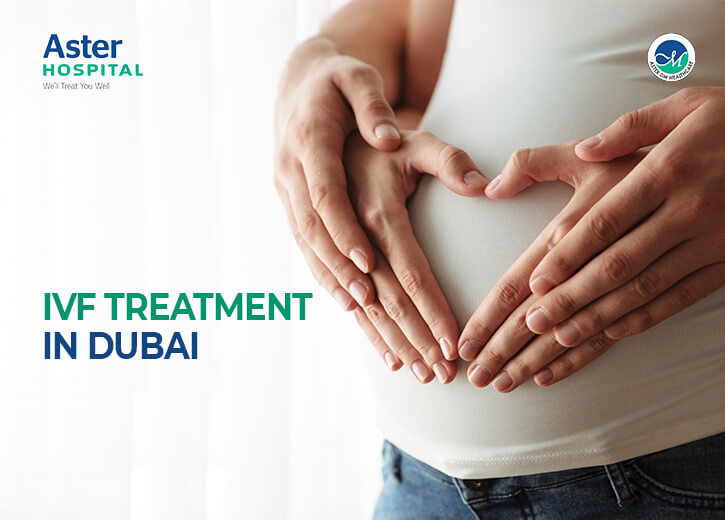Dubai is no longer just a tourist destination. Due to its healthcare sector’s constant focus on state-of-art infrastructure and advanced technologies, it has become a major hub for medical treatment, including IVF and various other infertility treatments. And although it has made exceptional progress and adopts the latest advancements that increase the chances of couples becoming families, it is crucial to understand that the treatment differs from person to person. Possessing the right information and diagnosis is the key to a successful pregnancy.
This means finding the best IVF treatment in Dubai is of the highest importance. A medical team that listens to all your concerns, analysing your case on an individual level, and guiding you every step of the way. So what could be the most preferred infertility treatment option in Dubai that’ll help you start a family?
In Vitro Fertilisation or IVF was started around 40 years ago and is one of the most successful fertilisation processes, blessing couples who are unable to conceive with new lives. In IVF, the egg is fertilised with the sperm outside the body in an incubator. Then the healthiest embryos are selected and put back into the woman’s uterus. Between IVF and IUI (Intrauterine Insemination), IVF is the most popular and effective choice in ART (Assisted Reproductive Technology).
IVF can be done using the prospective mother’s own eggs and her partner’s sperms or eggs, sperms or embryos from a known or unknown donor.
What Causes of Infertility Can IVF Treat?
IVF treatment in Dubai can be a viable treatment option if one or both the partners have been diagnosed with:
-
Endometriosis
-
Low sperm counts
-
Problems with ovulation
-
Problems with the uterus or fallopian tubes
-
The inability of sperm to penetrate or survive in the cervical mucus
-
Genetic disease of the mother or the father
-
Poor egg quality
-
An unexplained fertility problem
-
Antibody problems that harm sperm or eggs
Here’s what happens in an IVF cycle – a number of embryos are created in the lab, but only a few of them will be planted in the patient (mother). The best embryos will be chosen by our embryologist will. So, the question arises – how will this be done? Until a few years ago, the selection of embryos was completely based on the embryologist’s subjectivity. But today, we have advanced techniques that help embryologists to select the embryos with the highest potential.
Patients always ask embryologists if the embryo quality is good in order to achieve a pregnancy and have a healthy baby. Unfortunately, this question cannot be answered just by looking at the embryo. With the arrival of genetic testing, it has been made clear that a good quality embryo is not always a healthy embryo. There are cases in which a poor quality embryo is genetically normal, or a high-quality embryo is abnormal. With genetic testing, each good quality embryo is biopsied, and one or two cells are removed. The cells are then processed in a Genetics lab to determine if the embryo is normal or abnormal in the genetic constitution. A biopsy is performed by an experienced embryologist and has no impact on the further development of the embryo once it is complete. When the results are ready, then only the genetically normal embryos can be transferred to the patient.
The success of the IVF treatment depends on two factors – up-to-date technology of the equipment and a skilled, experienced embryologist. Equally important is the IVF lab for obvious reasons – this is where gamete (Sperm & Egg ‘Oocyte’) grows. The lab has to provide the same environment and conditions that your gamete will need in the first few days of life. It must be a clean, safe and healthy environment for embryo culturing. This will protect them from contamination, microbes and germs.
IVF lab embryologists must witness each other on every single step, in addition to the use of high technology of witnessing system in order to prevent mixing of samples. Continual supervision is a must, starting from egg collection till embryo transfer. That is to assure that incubated embryos are constantly receiving the optimum concentration of required nutrients and gases that are important for their survival and development. The IVF lab must install an extra power supply in case of a power faultier to record and maintain the best quality of embryo culturing.
Your chances of conceiving via IVF depend on a number of factors, such as your age and the cause of infertility. You should also know that if more than one embryo is transferred to your uterus, IVF can result in a pregnancy with more than one fetus (multiple pregnancies).Your gynaecologist in Dubai can help you understand how IVF works, the potential risks and whether this method of treating infertility is right for you.



